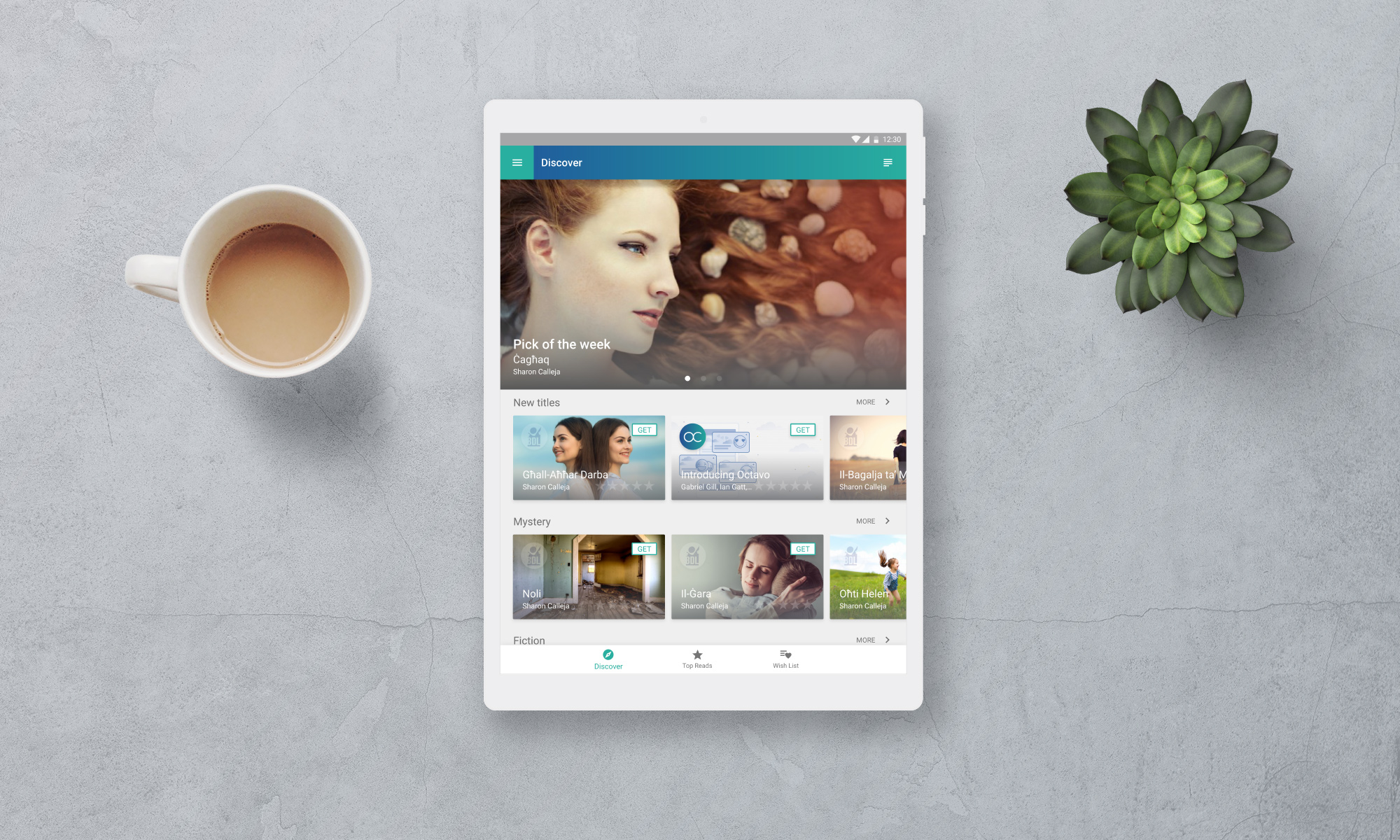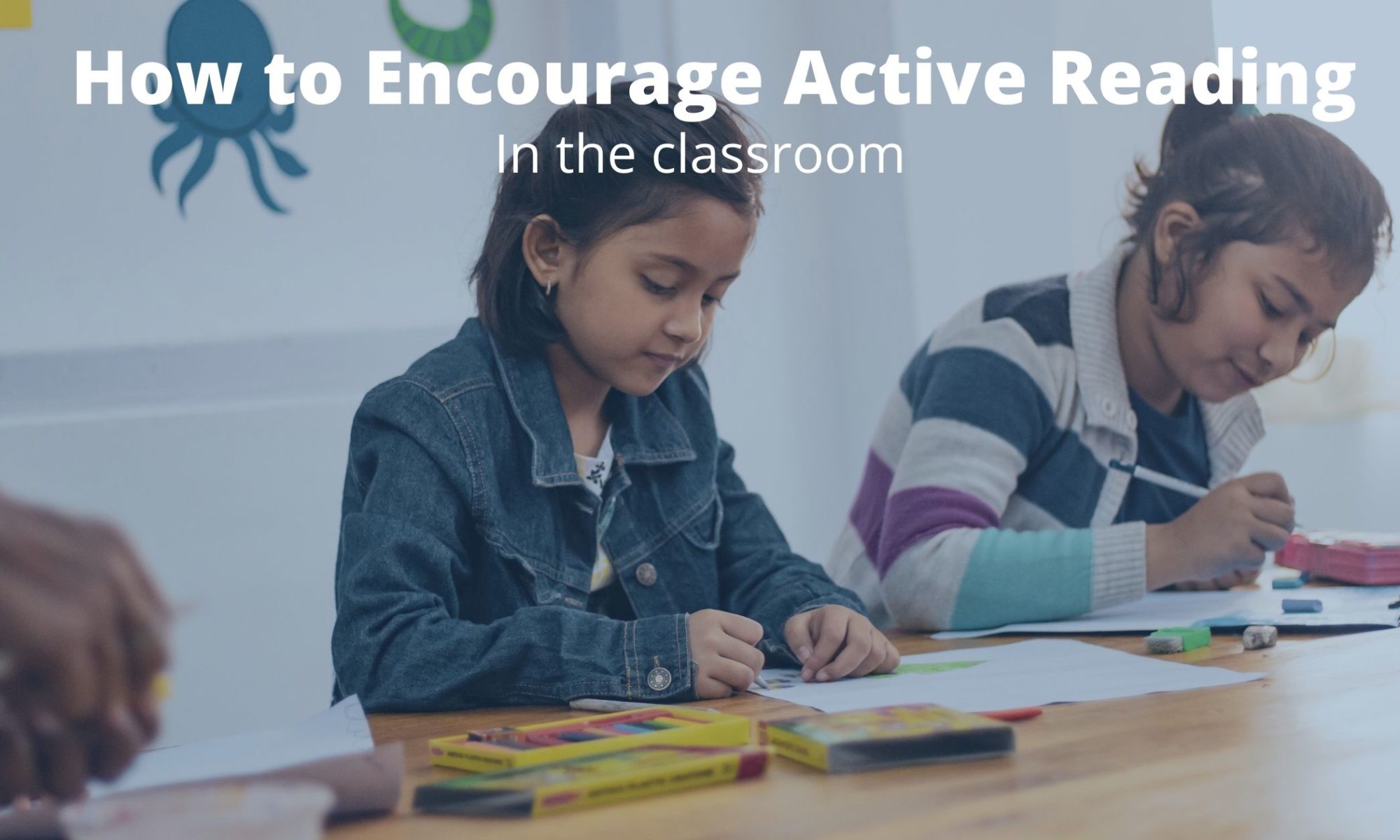We all know that reading is one of the most rewarding exercises that children can engage in, but how can teachers make even the most stubborn readers find joy in their books?
It all begins in the classroom: If a student enjoys reading in class when it’s combined with a series of fun activities, it’s more likely that they will look forward to reading at home too! In this guide, we will be sharing 5 creative activities that teachers can use in the classroom to make reading more fun for their students using a digital reading platform, which will allow you to check that your students are actually reading!
For more info on how this works – check out our recent guide on how to view your students’ portfolios.
Organise Reading Competitions Between Classes
Introducing students to a challenge is a great way to generate excitement. So why not plan a reading challenge to get children to read as much as possible? Whether you split your class into groups or expand the challenge to other classrooms within your year, a little healthy competition is sure to get the ball rolling. Competitions can either be based on individual performance, or on group performance, which will generate a collaborative spirit. In this way, students who are less keen on reading will be encouraged by their teammates to read more in order to reach their targets!
Types of reading competitions:
- Which group or individual can read the most books in a given time?
- Which group or individual will spend the most time reading in one month?
- Set a Group target: Groups who read X amount of books in a month (collectively) will get a prize!
- Set an Individual target: If students’ reading levels vary drastically in a classroom, teachers can set individual targets for students based on their ability. Students who reach their reading goal, whether it’s 2 books or 10, will be rewarded.
How will teachers be able to choose a winner?
To keep the competition as fair as possible, teachers can see exactly how many minutes were spent reading by each student in their class, as well as how many books were finished. This is a feature of the ‘Educate’ function, available to all teachers on Octavo. Read more about this feature here.
Reading Role Plays
Reading is often a solitary activity, and some students might struggle with engaging with their text alone when reading in a social setting such as school. This is why role plays are a great way to make classroom reading more enjoyable. In this case, images play an important role in helping students to contextualise their books and spark their imagination, leading to a better role play!
How does this work?
Divide students into groups and assign a text to each group based on their reading level. Then, give students enough time to read their book and complete the comprehension exercises to ensure they have a good understanding of the story. This can also be done as a homework task, as teachers can check that the students have actually read the book through their digital learning portfolio on Octavo. Back in the classroom, students can then discuss their books and act out the story, either within their groups or in front of the whole classroom. This gives students the chance to elaborate on the story, be creative and express their individuality! Plus, acting can help students remember what they’ve read more than by simply reading.
Organise Comprehension Activities
Comprehension is one of the most important aspects of reading, along with vocabulary expansion, pronunciation and fluency. By focusing on comprehension, students will reap the benefits of their reading by improving their overall reading level.
Many oBooks come with their own comprehension exercise, such as the free Maltese collection Qari għal Qalbi. But teachers can also create their own activities to prompt discussions among students. It’s important to use a system where students take turns sharing their views, such as by passing a ‘Question’ ball around the class – whoever gets the ball has to answer a key comprehension question related to the plot, themes or characters of the story!
Turn your Notes into Engaging oBooks
Digital literacy is a skill that is important for every student to pick up from a young age. By using digital resources instead of printed ones, students can become more familiar with navigating their devices and understanding how to use technology responsibly. This is why Octavo enables every user to create their own oBooks, a tool which is especially useful for teachers to convert their notes into a digital format. In this way, students can access their notes from their Octavo account, bookmark important pages, and look up definitions of words they don’t know while reading. The oBooks can be illustrated and can include comprehension exercises. Plus, the notes can be kept private and assigned only to specific classrooms by the creator. Check out our guide to creating oBooks to give it a try!
Story Writing Competitions
To encourage active reading, students need to be able to understand how stories come together, what the main elements of a story are, what different genres exist, and how plotlines can develop. So, what better way to learn than by writing a story themselves?
A writing competition, with proper guidance and support, can help students gain a new appreciation for their stories. For more inspiration, take a look at how San Anton School got their students to publish their work in Maltese!
We hope that these ideas have inspired you to try new ways of reading in class!
Do you have any more methods that you’d like to share?
Comment below or send us a Message. We’d love to hear from you!

